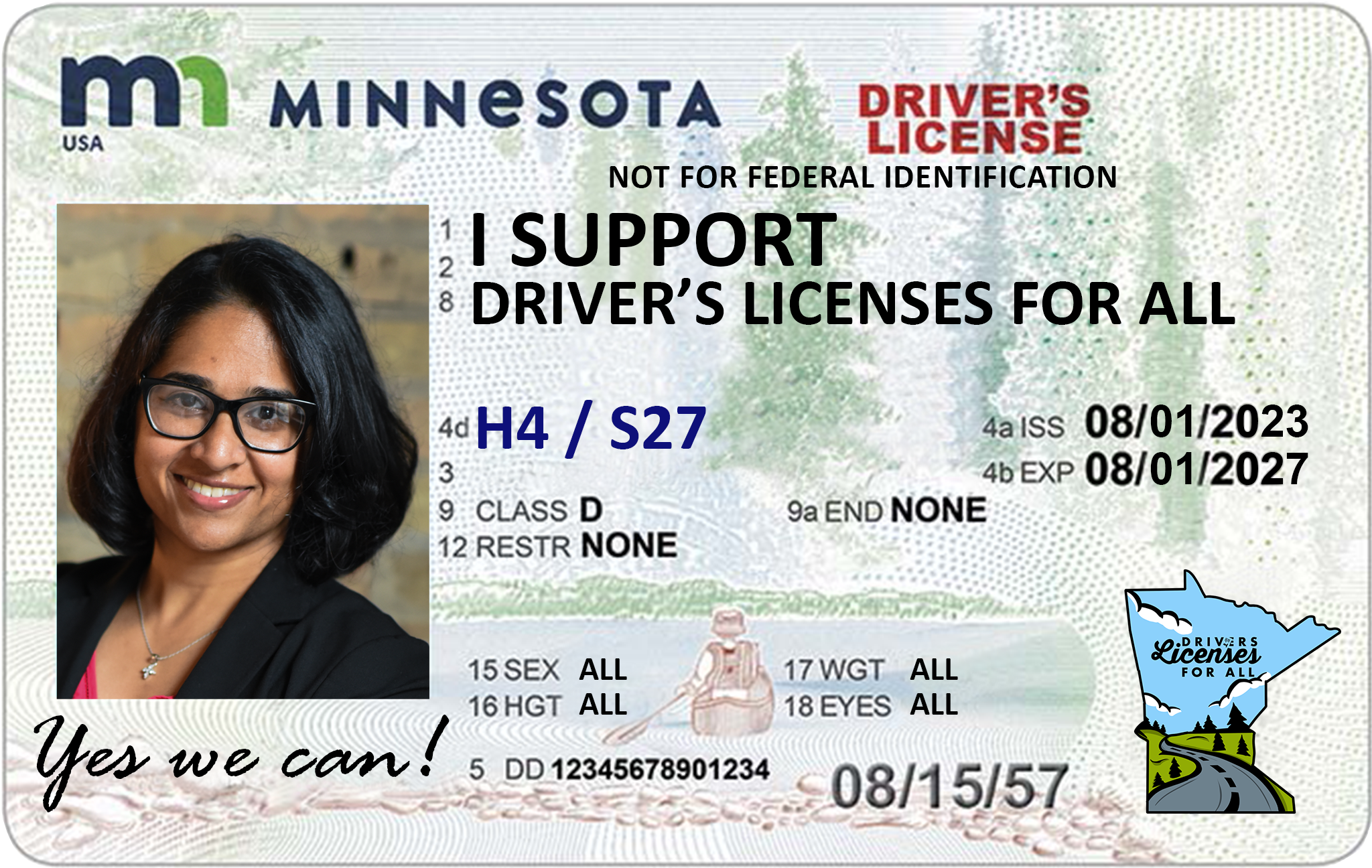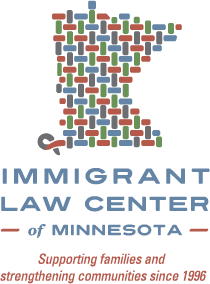This fact sheet is current as of January 3, 2023. It is not legal advice.
On December 30, 2022, Secretary of Homeland Security Alejandro N. Mayorkas announced an extension and redesignation of Temporary Protected Status (TPS) for Yemen for 18 months, from March 4, 2023, through September 3, 2024. The Federal Register Notice explains the eligibility criteria, timelines, and procedures necessary for current beneficiaries to re-register and renew EADs, and for new applicants to submit an initial application under the redesignation and apply for an EAD.
What is temporary protected status (TPS)?
The Secretary of the Department of Homeland Security (DHS) grants TPS to individuals from designated countries who are unable to return home safely due to conditions or circumstances in their home countries.
During the designated TPS period, TPS holders are allowed to live in the United States and cannot be detained by DHS just based on their immigration status. TPS holders are eligible to apply for an employment authorization document (EAD) and for travel authorization.
What does the extension of TPS for Yemen mean?
If you have TPS under the current designation for Yemen, you can apply to extend TPS. To receive the TPS extension, you must re-register for TPS by applying during the 60-day re-registration period from January 3, 2023, through March 6, 2023. If approved, your TPS and EAD will be extended until September 3, 2024. The FRN has more details.
Note: It is important for TPS holders to re-register during the registration period. Do not wait until your Employment Authorization Document (EAD) expires. This could result in gaps in your employment authorization documentation.
What does the redesignation of TPS for Yemen mean?
If you are a Yemeni national and have never had TPS, you can now apply for the first time if you have lived in the United States continuously since December 29, 2022. You can apply for TPS during the first-time registration period. You must also meet the eligibility requirements. If you left the United States for any reason, talk to an immigration attorney.
The first-time registration period for new applicants under the Yemen TPS redesignation is from January 3, 2023, through September 3, 2024. Other eligibility requirements are in the FRN.
How do I apply for TPS?
People interested in TPS must file an application with U.S. Citizenship and Immigration Services and pay the filing fee. They may also apply for an EAD and for travel authorization. All individuals applying for TPS undergo security and background checks as part of determining eligibility.
If you currently have Yemeni TPS: The re-registration period for current Yemeni TPS holders is from January 3, 2023, through March 6, 2023.
If you are applying for Yemeni TPS for the first time: The first-time registration period for new applicants is from January 3, 2023, through September 3, 2024.
Is TPS status given automatically?
No, TPS is not automatic. People must apply, pay a filing fee, and pass immigration screening. There are some facts that will make a person ineligible for TPS. For example, people with certain criminal convictions or who violated the human rights of others are not eligible for TPS. People who are inadmissible under certain sections of the law may have to file a waiver before they can be approved for TPS status. The application process can be complicated, and we recommend working with an immigration attorney.
How long will eligible individuals have protection under TPS?
TPS is a temporary status. The Secretary of Homeland Security Alejandro N. Mayorkas extended and redesignated Yemen for TPS until September 3, 2024. TPS status can, however, be extended.
I have been in the United States since before December 29, 2022, but I have left for short periods of time. Can I apply for TPS?
Maybe. Whether you still qualify for TPS depends on the length and nature of your time outside of the United States. Please contact an immigration attorney to discuss your situation further.
I am from Yemen, and I now have a green card. Do I need to apply for TPS?
No. As a permanent resident, you have legal status in the United States and are on a path to citizenship. You do not need and would not qualify for TPS.
I am from Yemen, and I am in deportation proceedings. Can I apply for TPS to avoid deportation?
Yes. A person in removal proceedings can apply for TPS, and if approved, can request that the judge put the removal case on hold until TPS is approved, and then for the time it is in effect.
Which people from Yemen should consider applying for TPS?
People who are here with no legal status should consider applying. Also, those who are here on a visa that is for a limited time or that does not allow employment might also benefit by receiving Temporary Protected Status. Having TPS does not hurt anything.
Get Help
The Immigrant Law Center of Minnesota (ILCM) provides free immigration legal services to low-income immigrants in a variety of immigration matters. For more information about how we can assist you, please visit our website at www.ilcm.org.







